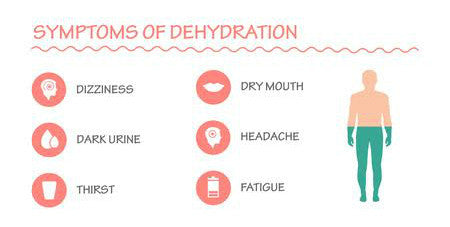

Rigidity with jerky interrupted movements.Tremors increasing when fatigued and decreasing with purposeful activity or sleep.Tremors in hands and fingers at rest (pill rolling).Handwriting that becomes progressively smaller.Bradykinesia, abnormal slowness of movement, and sluggishness of physical and mental responses.Dopamine-depleting drugs such as reserpine, phenothiazine, metoclopramide, tetrabenazine, and the butyrophenones (droperidol and haloperidol) can lead to secondary Parkinson’s disease. Secondary, or iatrogenic, Parkinson’s disease is drug- or chemical-related.

The cause is unknown a few cases suggest a hereditary pattern. The majority of all cases of classic Parkinson’s disease are primary, or idiopathic, Parkinson’s disease (IPD). Mental deterioration occurs late in the disease.The debilitation can result in falls self-care deficits, failure of body systems, and depression.Parkinson’s disease is a slow, progressive disease that results in a crippling disability.Parkinson’s disease results in a dysfunction of the extrapyramidal system.



 0 kommentar(er)
0 kommentar(er)
